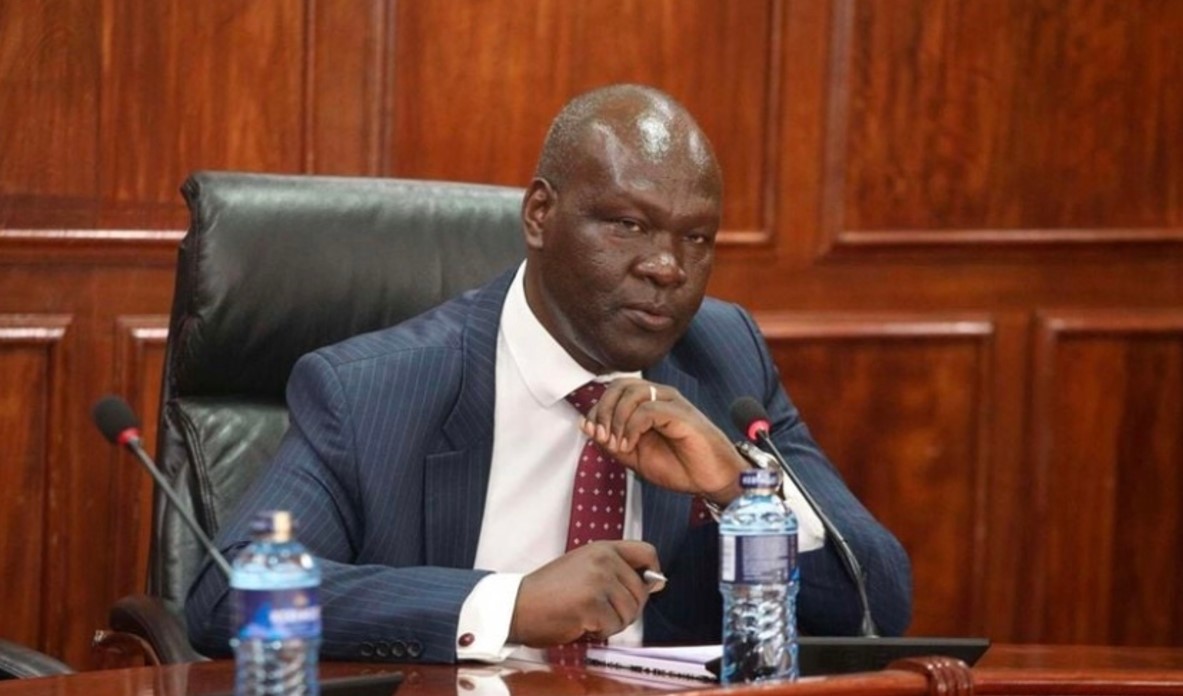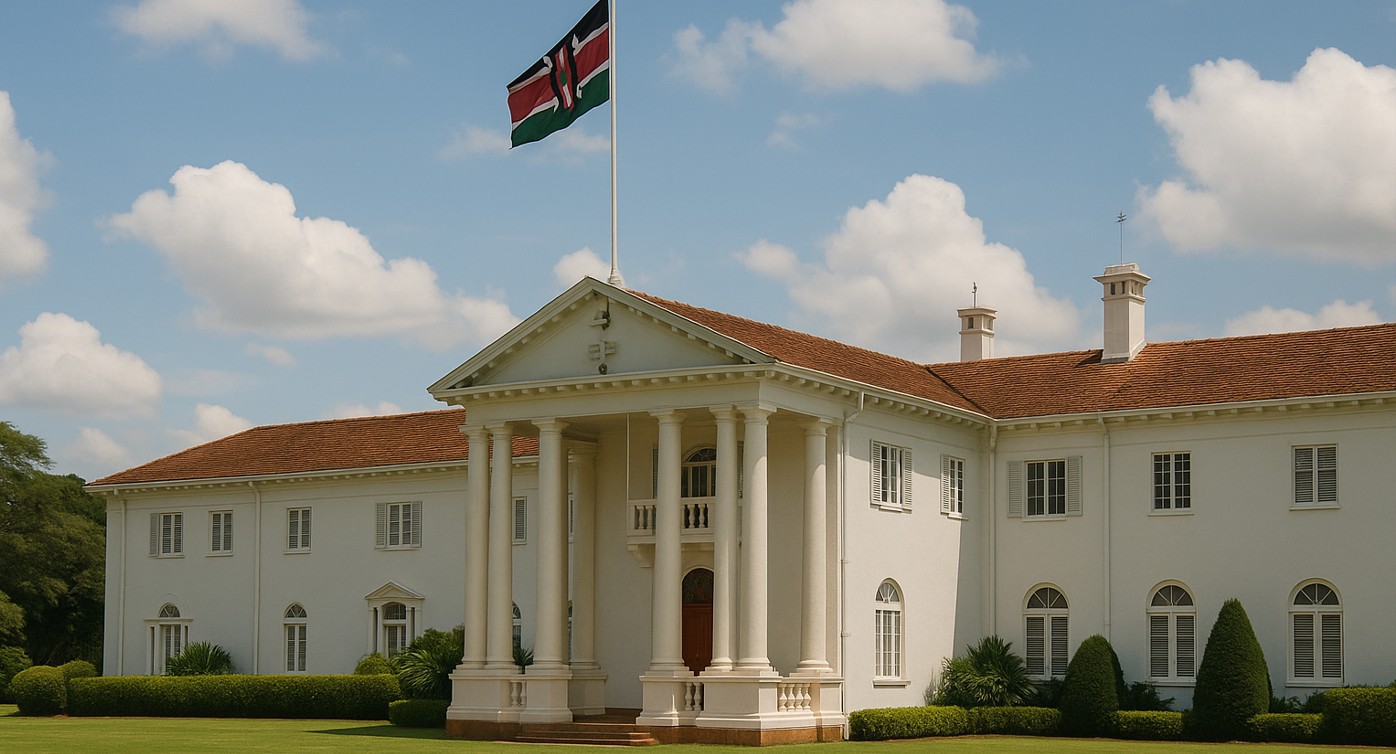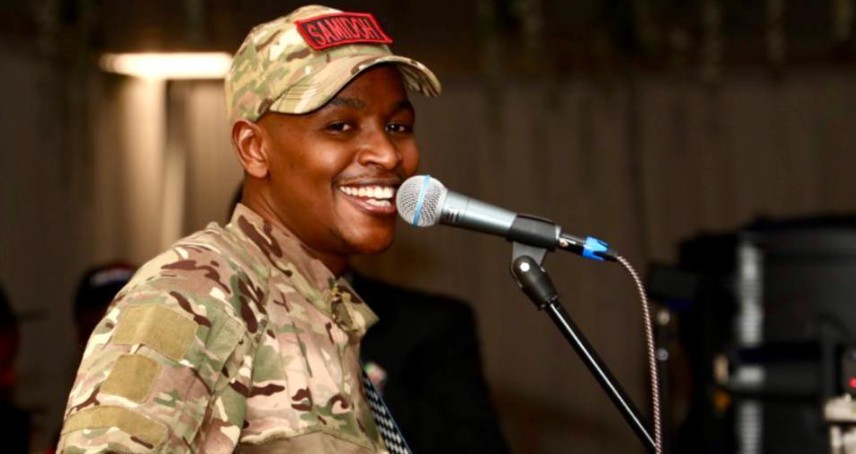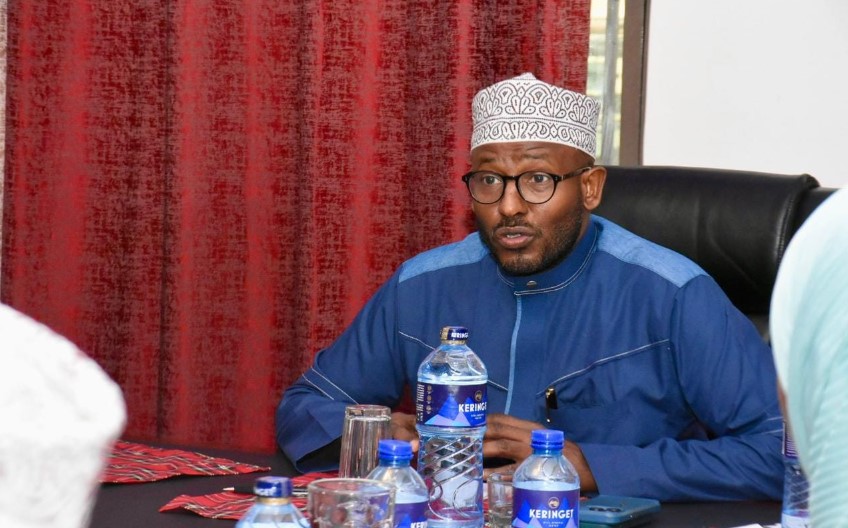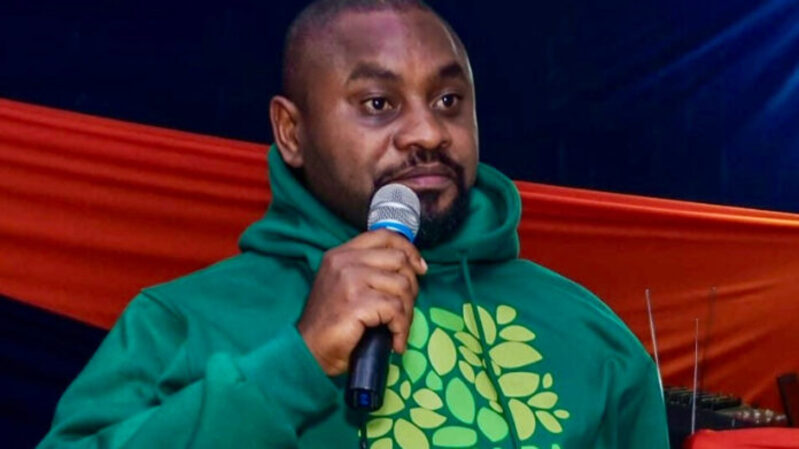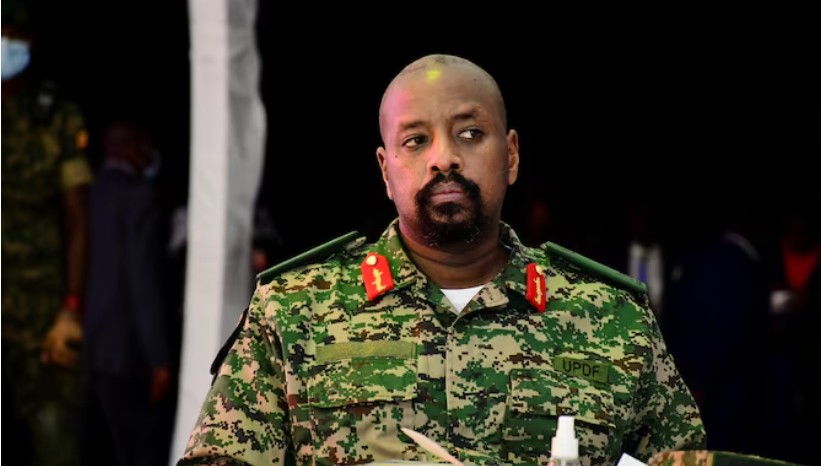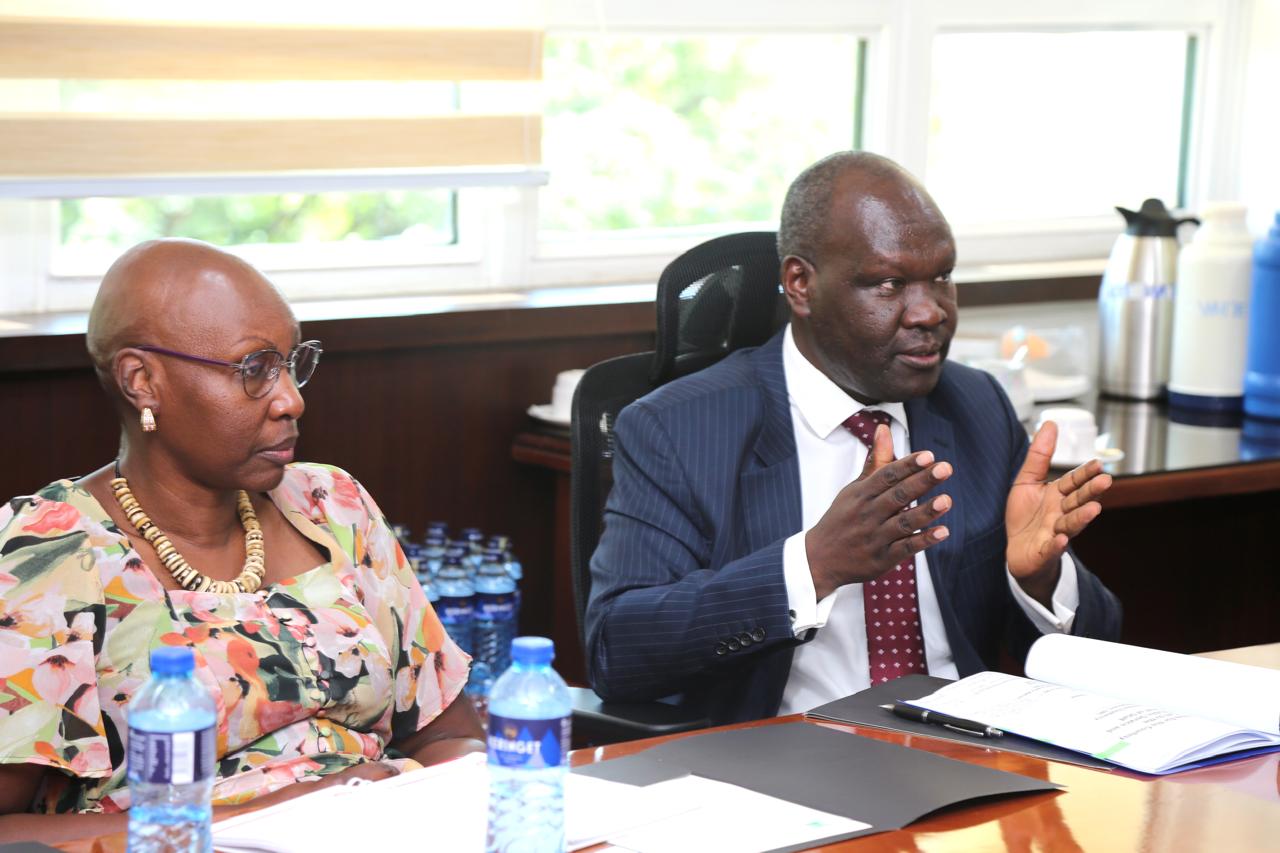Veteran coach Ghost Mulee tears into Kenyan football’s empty promises

Veteran coach Jacob ‘Ghost’ Mulee has launched a scathing critique of Kenyan football, describing it as a “political circus dressed like football” and accusing stakeholders of masking failure with lip service. In an exclusive interview, Mulee lays bare the realities behind unpaid players, unqualified coaches, and a system he believes is built on pretense rather than progress.
“We’re not in the football business. We’re in a political circus dressed like football.”
Not the words of a frustrated fan but those of veteran coach Jacob ‘Ghost’ Mulee.
More To Read
- Tusker FC releases nine players as squad reshuffle begins
- Melawa FC prepare for top-of-the-table clash against Fearl FC
- Jacob Ghost Mulee: Why local coaches keep missing out on the FKF Premier League title
- Gor Mahia disbands entire technical bench after trophyless season
- Boniface Ambani elected AFC Leopards chairman
- Gor Mahia moves to professionalise operations after Mashemeji Derby mix-up
As Kenya Police FC celebrated their first-ever FKF Premier League title, Mulee wasn’t joining the applause. Instead, he posed a tough question: “Are we really playing football, or just pretending to?”
Having won the league three times with Tusker and experienced coaching spells in Tanzania and Rwanda, Mulee has seen both the glory and the grit of the game. Today, however, his assessment of Kenyan football is unflinchingly grim.
“We are football pretenders,” he told The Eastleigh Voice in an exclusive interview. “We haven’t entered the frame of real football. We act like things are working, but they’re not.”
Mulee pointed a steady finger at club management and football leadership, placing the blame for Kenyan coaches’ perennial underachievement squarely at the feet of those in charge.
“A coach comes in with a plan, but if the management doesn’t support it 100%, there’s no way he can succeed,” he said. “That’s the story in most clubs - lip service without real backing.”
He cited a recent conversation with AFC Leopards chairman Boniface Ambani in Dandora as an example of the financial disarray strangling the league.
“Ambani told me his players hadn’t been paid in nine matches. Now tell me, how do you motivate a player who hasn’t seen his allowance in weeks? And then, when results don’t come, the coach gets blamed.”
Club licensing? Or club lying?
Despite FKF’s enforcement of club licensing standards, Mulee questions whether any real checks are happening.
“If clubs are failing to pay players for four or five games, how are they passing the financial health test?” he asked bluntly. “Club licensing isn’t just about ticking boxes. It’s about being accountable. That’s what we’re lacking.”
The veteran tactician said the rot isn’t just in KPL clubs, it's embedded in the entire football system, including national teams and youth structures.
The financial gap between Kenya and its East African neighbours, especially Tanzania, is something Mulee returns to with urgency.
“You know how much Yanga got for winning their league? Around Sh 180 million,” he noted. “Here, Kenya Police wins the league and we hear talk of 5 million - which isn’t even enough for one away game in continental football.”
He said clubs like Yanga and Simba have transformed into commercial machines, while Kenya’s clubs remain stagnant, underfunded, and disorganised.
“Yanga players are earning Sh 1.2 million a month. Who in Kenya is earning that? Do your research,” he challenged.
Coaching standards and exposure
While Mulee has sympathy for local coaches, he also doesn’t spare them from criticism.
“We treat coaching like a hobby,” he said. “You get someone with a CAF A license, no experience, coaching the same grassroots team for years and expecting a KPL job. That’s not how this works.”
He emphasised that coaching is a profession requiring travel, exposure, and constant learning not just paper qualifications.
“Look at Ndayiragije at Kenya Police. He coached in Burundi, Tanzania, Zambia. That’s why he could turn a relegation team into champions in eight months. That kind of experience sharpens you.”
“Our guys stay in the same neighbourhood, with the same routines. Football has changed, and they’re being left behind.”
Infrastructure, scheduling and officiating concerns
Another key concern is infrastructure or the lack of it.
“Most clubs don’t even have a home stadium,” Mulee observed. “You find one team playing three of their home games in Machakos, and that pitch is not one of the best per se.”
He also criticised the league’s erratic schedule and hinted at lingering trust issues with officiating.
“There’s been a bit of improvement with the new regime, yes,” he admitted. “But I still hear of referees not being facilitated for matches. How do you expect professional decisions in an unprofessional environment?”
Time for a reset
Despite the bleak outlook, Mulee remains hopeful - if the right changes are made.
“Until we stop lying to ourselves, we will always be clapping while others lift the trophy,” he said. “Coaching needs to be treated like a full-time job, and football as a serious business.”
His solution? A reset rooted in truth, investment, accountability, and opportunity.
“We can’t be building women’s teams and youth teams when we can’t pay men’s teams. Let’s fix one thing before piling on mandates. Let’s stop pretending.”
Top Stories Today
